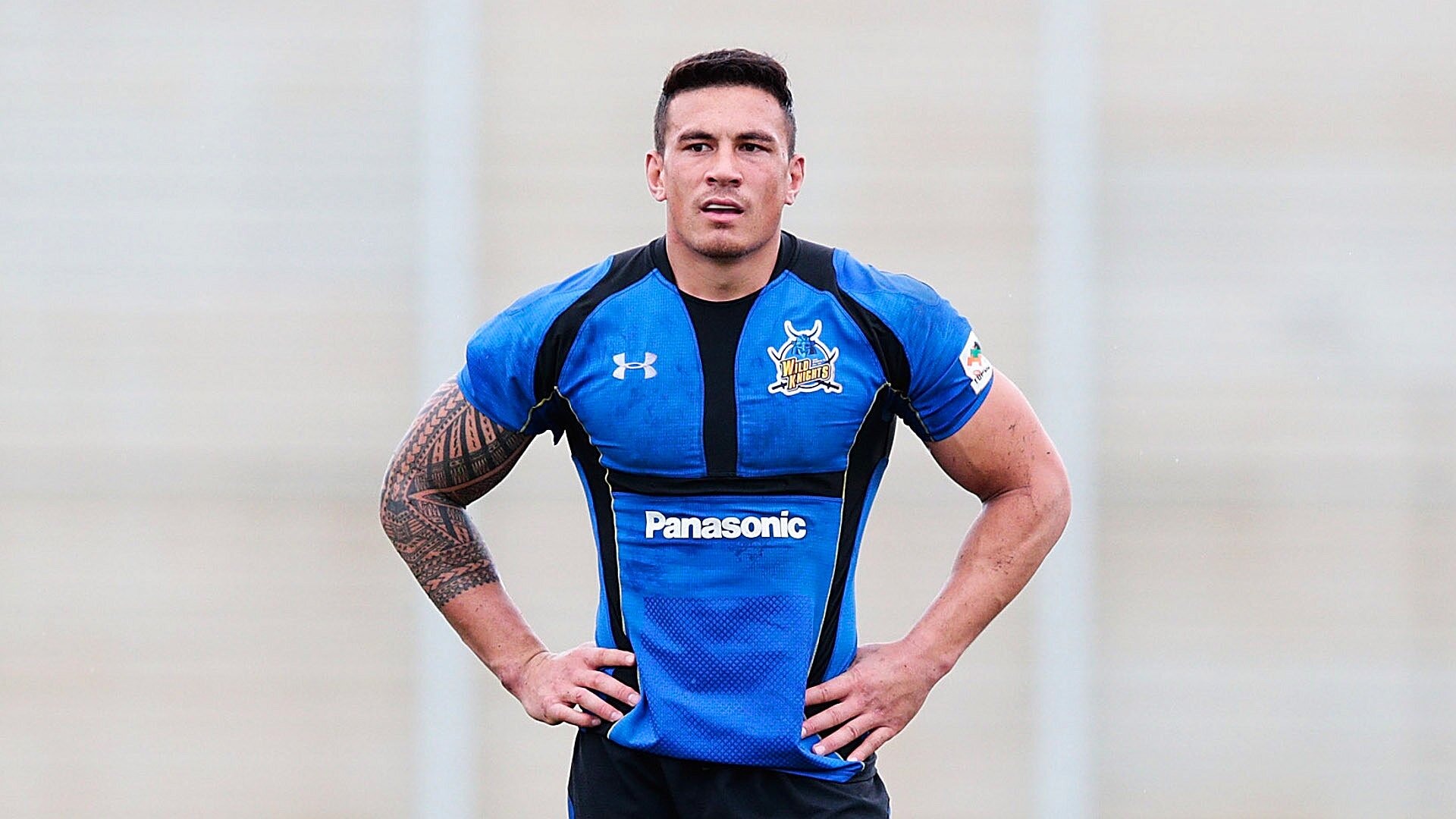European players need to start considering Japan if they want to extend their careers

How long is it till Japan becomes an in-demand destination for European rugby players?
South African Willie le Roux and New Zealander Kieran Read are the latest two global stars to agree moves to the Japanese Top League, with both players set to join up with Toyota Verblitz following the Rugby World Cup later this year.
Verblitz, who finished the 2018/19 Top League season in fourth, are currently led by former Rugby World Cup-winning coach Jake White and there is a strong South African contingent at the team, with the likes of Jason Jenkins, Lionel Cronjé and Gio Aplon already on board.
One of the major lures of the Top League to players in South Africa, New Zealand and Australia is the relatively low demands on the body, with teams only playing seven regular season contests, before embarking on a three-match post-season schedule, in the 2018/19 season. In the 2017/18 season, that had been a 13-match regular season, but even that extended schedule is still a lot less arduous than the 30+ match seasons that you find in Europe.
Whilst it offers increased earning opportunities for southern hemisphere players, it is not quite the same financial promised land for northern hemisphere players, who already earn significant money in the UK, France and Ireland. That said, the toll on the body is a lot less.
How far away are we from seeing top European players head over to Japan for a couple of years at the beginning of a cycle, save their bodies some punishment, and then return to push for international selection a season or two before the next Rugby World Cup?
Take Manu Tuilagi for example. There are two major schools of thought surrounding his impending decision to either move to France or stay in England with Leicester Tigers.
One says that he should go to France. He has been plagued by injury problems and a rugby player’s career is a short one. His career could end tomorrow in training with the wrong kind of collision or he could spend the next few years continuing to struggle with groin issues and miss out on the lucrative England test match fees which majorly bump up any Gallagher Premiership contract. Take the money and set yourself up beyond rugby.
The other is that he owes Leicester a debt. That the East Midlands club handed him a big contract previously and have stuck by him through all the injury issues and the odd off-field indiscretion. Combine that Leicester contract with his England match fees and he would be earning plenty of money, whilst staying in contention for the national team and potentially the 2023 Rugby World Cup. Then he could take one final big money deal and retire on his own terms.
There’s credibility to both arguments, but why isn’t Japan in the mix? It’s surely something that his agent would potentially want to guide him towards.
Tuilagi could make major money as one of the star players at a Top League club, earning, per game, a figure likely higher than he would warrant in England or France. Factor in again that there are restrictions in the Top League in terms of foreign players in the matchday squad and he may not even find himself playing in every game of the season that he’s fit for, with other foreign players rotated in and out of the line-up.
A couple of years in Japan are not going to tax his body in the same way that two seasons in England or France are going to, and then he could, if he still had international ambitions, move back to England and try to force his way into contention for the 2023 Rugby World Cup.
There have been examples of European players going to and having success in Japan, albeit in short stints.
James Haskell spent a season with the Ricoh Black Rams, Geoff Parling played for the Munakata Sanix Blues and current Saracens lock Dom Day was a member of the Verblitz, whilst former Wales wing Shane Williams spent a few years with the Mitsubishi DynaBoars.
For Haskell and Parling, it was a bridge to stints in Super Rugby, whilst Williams was at the end of his career and setting himself up for retirement. For the most part, they didn’t head to Japan with the thought of long stays, but could Japan become a destination for players looking to maximise earnings and keep their bodies in better shape for a longer career?
There’s no reason to doubt it.
The upcoming Rugby World Cup will, hopefully, further embed the game in the country and increase support. That support isn’t too bad at the moment, either, with Verblitz boasting crowds in the high 20,000’s at times, although the competition had an average attendance this past season of just shy of 6,000. Whilst not the highest figure, that is an increase in average attendance of just over 1,000 in the last two years, which is encouraging growth for the competition.
With growing commercial interest from Japan in rugby, including potential acquisitions of player agencies and whispers of a Super Rugby-esque competition based in the country, it is a market whose growth could significantly accelerate in the coming years.
Whilst European markets will still more easily be able to hold their own, financially, in a battle against player drain than the southern hemisphere, it does offer a potentially beneficial path for rugby players in the Premiership, Top 14 and Guinness PRO14.
Watch: Kieran Read confirms a post-RWC deal with Toyota Verblitz














































































